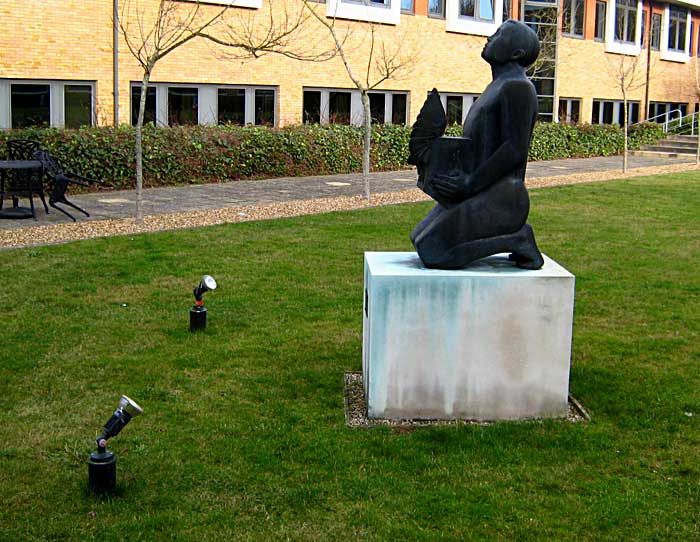This morning’s Observer column…
Today’s Gutenberg is Sir Tim Berners-Lee, inventor of the web. In the 17 years since he launched his technology on an unsuspecting world, he has transformed it. Nobody knows how big the web is now, but estimates of the indexed part hover at around 40 billion pages, and the ‘deep web’ hidden from search engines is between 400 and 750 times bigger than that. These numbers seem as remarkable to us as the avalanche of printed books seemed to Brandt. But the First Law holds we don’t know the half of it, and it will be decades before we have any real understanding of what Berners-Lee hath wrought.
Occasionally, we get a fleeting glimpse of what’s happening. One was provided last week by the report of a study by the British Library and researchers at University College London…


